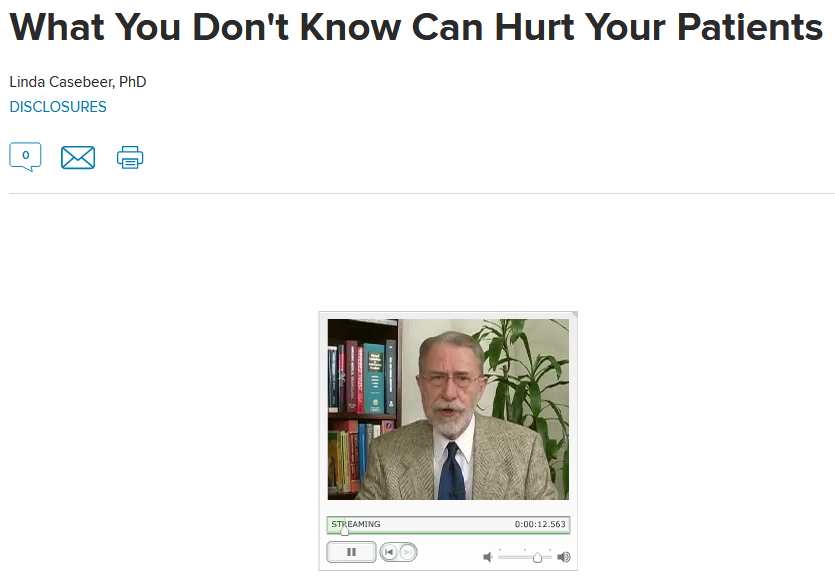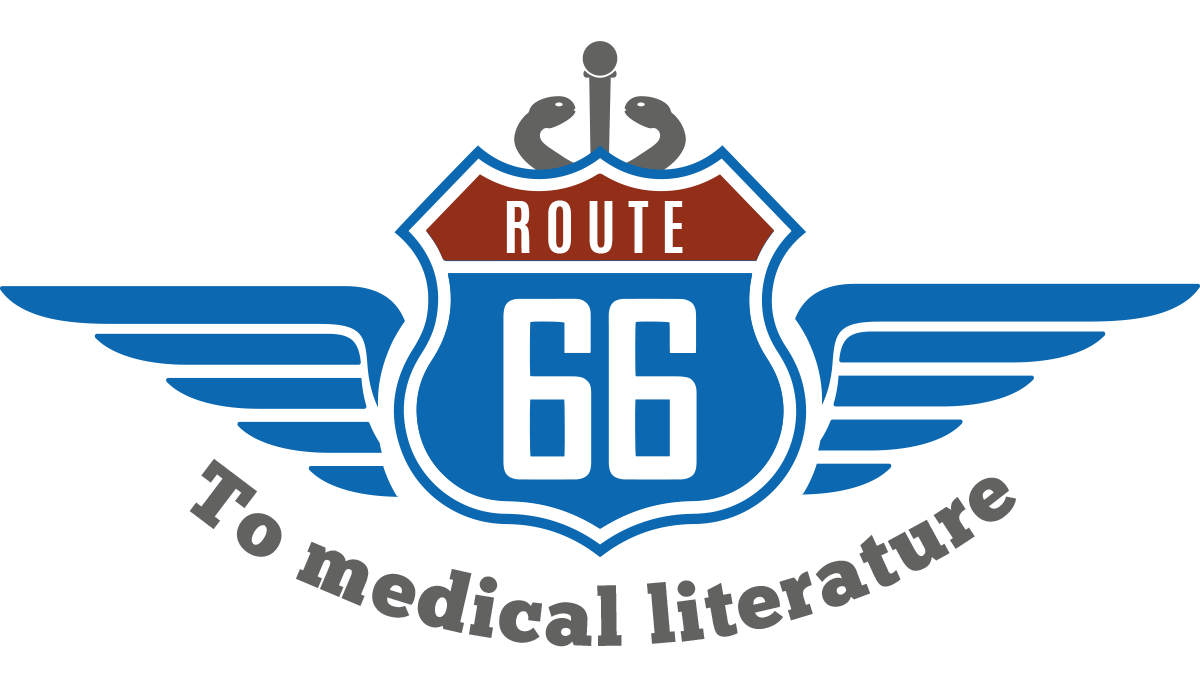Watch the video & take notes on a sheet of paper
Once you have registered on Medscape, reach the page http://www.medscape.com/viewarticle/552620
When you have finished, click on each item below to see the answer.

Linda Casebeer, PhD Posted: 03/12/2007
- 50% of questions asked by patients in consultations are not answered
- Doctors don’t have time to look for answers
- Yet the internet has made medical information and continuing medical education (CME) available
- physicians in practice are limited in their abilities to self-assess their learning needs
- if they cannot answer a pateint’s question → they can then identify a learning need
- Primary care physicians: to address a specific patient problem
- Specialists: most frequently to keep up-to-date with new trial data
Yes, because then they are successful in answering their patients’ questions 77% of the time
- Physicians who rely on online CME make evidence-based diagnostic and therapeutic decisions 59% more frequently than physicians who do not
- This is also true for those who read information contained in CME activities but do not seek credit. (CME credits)
- Very little time
- Too much online information to scan
- Rely on credible websites for information
- Hone information seeking skills
- Bookmark credible sites you find most useful
- Find the time each day to answer questions that arise during patient care
Demo Content
Félicie Pastore ELLIPSES 2013 ISBN 9782729882457
